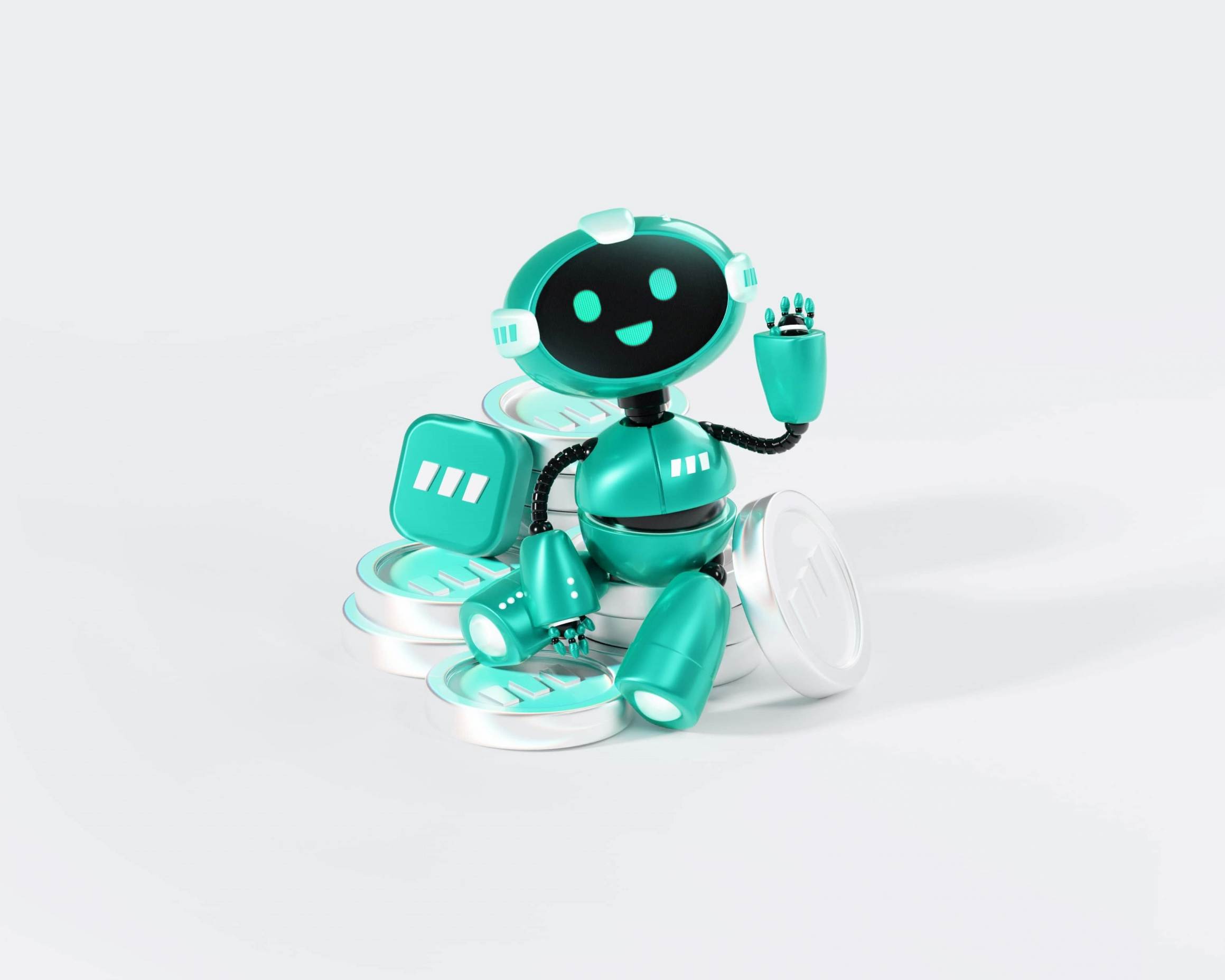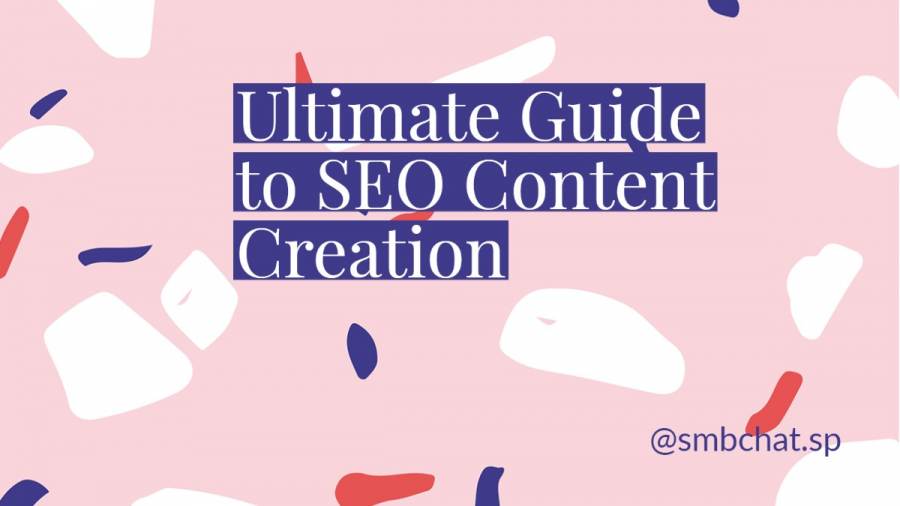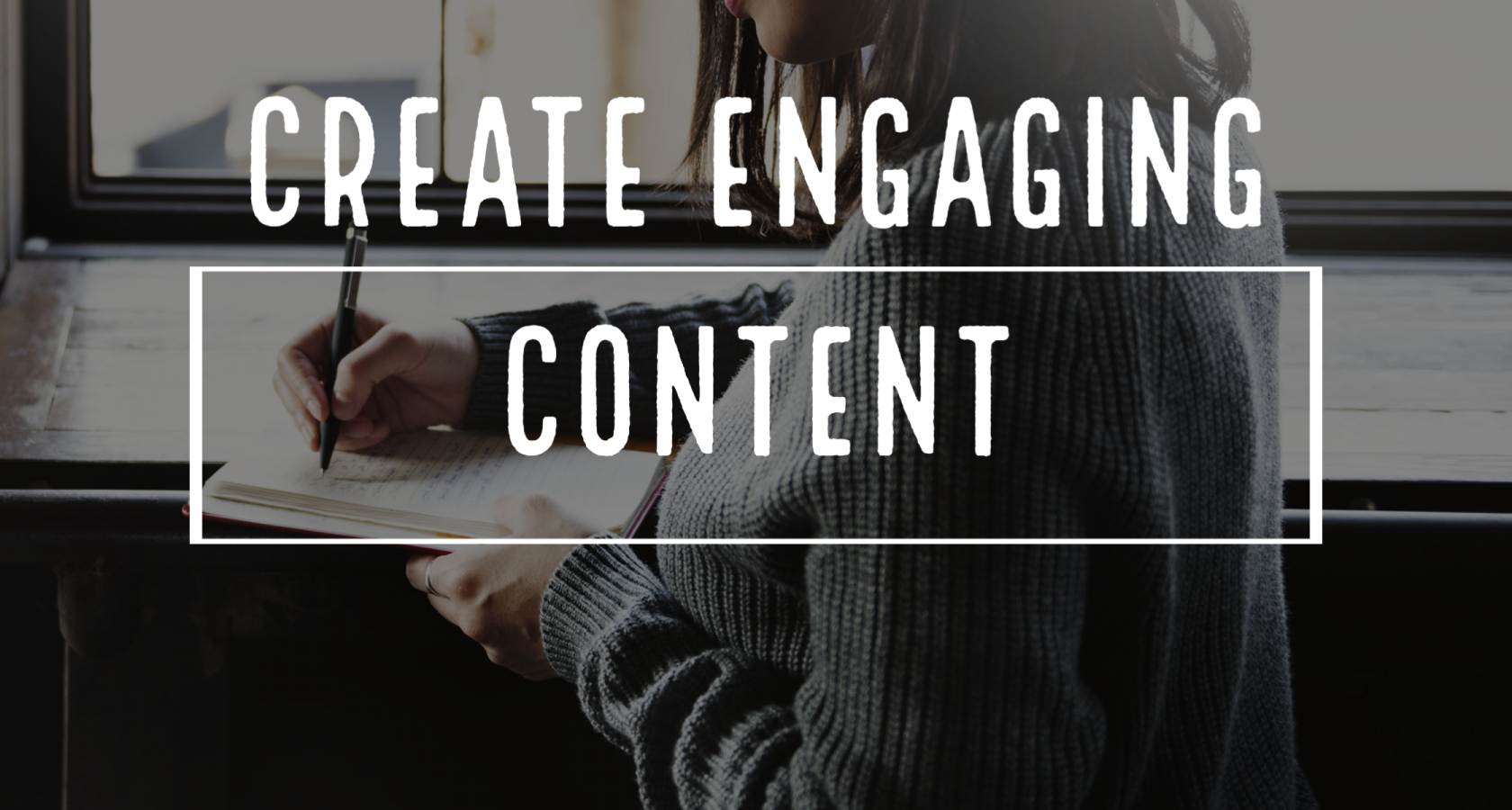We Asked ChatGTP What the Future of SEO is: Here is a Snippet of the Answer
There’s no doubt about it; AI can generate pretty impressive content. But is it good enough to replace the need for copywriters and SEO writers?
On November 30, 2022, OpenAI released its popular AI model, ChatGPT. By December 5, ChatGPT had already attracted the attention of 1 million users.
Soon after, people were testing this smart chatbot, then came the comments.
‘ChatGPT is really impressive.’ ‘It can create content that previously took writers hours in only a few seconds.’ ‘There’s a possibility ChatGPT may wipe out SEO and copywriters.’
Can ChatGPT do it?
Can it create high-quality SEO content that satisfies both human beings and search engines?
Can it create creative, nuanced, and well-researched SEO content?
We took ChatGPT on a chat drive, and here’s what we found out.
The Future of SEO According to ChatGPT
We asked ChatGPT what the future of SEO is, and this is how it responded.
According to ChatGPT, the future of SEO is unpredictable, but there are three core aspects we’ll continue to see.
- High-quality content
- Mobile optimization
- Use of AI and ML to optimize SEO
Today, we focus on high-quality content.
High-Quality Content and AI-Generated Content
It’s been a couple of years since content marketing became a thing in marketing. While a lot has changed in this field, high-quality content is one aspect that has remained consistent throughout. Users and search engines alike continue to expect businesses to produce content that’s high-quality and valuable to them.
Previously, AI was incapable of producing relevant and high-quality content. At that time, AI-generated copy was repetitive and lacked flow and character.
Now, ChatGPT is changing this. The chatbot is more coherent and sounds more human. The content quality has also improved greatly compared to the last few years.
That said, if you look closer at the content produced by this technology, you will realize most of it is just a summary of what’s already ranking in Google or available on the web.
What does ChatGPT think?
Chat GPT does not produce original content. It might generate some compelling copy occasionally, but it lacks the nuance and wit of human writers. But more importantly, ChatGPT lacks the human perspective brought into writing after individuals experience something.
If every website were using this AI to write content, then Google would effectively turn into a spammy landscape where everyone’s content sounds and looks the same.
But, more advancements in AI and Machine Learning(ML) will lead to AI creating more quality content than it is now.
Limitations of Using ChatGPT to Create SEO Copy
ChatGPT can create a full SEO blog post, write an email campaign and even generate hundreds of product descriptions.
But we can’t ignore some glaring disadvantages it presents to content teams. Specifically, a lack of originality and wit is a crucial missing puzzle of creating SEO content with ChatGPT.
Let me expound below:
1. Lacks originality and you could risk sounding like everyone else in the industry
Although ChatGPT can create somewhat unique content with examples and analogies, it’s still a long shot from what an experienced writer can write.
Here’s an API definition analogy generated by ChatGPT.
We can’t deny it; the API definition is impressive and sounds like a human being wrote it.
However, when I rephrased the question, the response was similar to the first.
As stated earlier, ChatGPT relies on what it was fed to provide output. Usually, the input comes from top-ranking sites and other online publications.
If a couple of players from your industry rely on ChatGPT, you will end up with similar content on your blogs and websites. The chances of this happening when utilizing human writers is possible but minimal.
2. Passes off unfactual information as true
ChatGPT and most AI text generators are at a level where not all information they produce is factual. In fact, ChatGPT’s team warns users that some information provided by the AI model might not be factual.
Also, experts warn that ChatGPT can make up(wrong) answers— not a good way to win your customers’ trust.
More importantly, AI is not equipped to make cultural considerations when producing content. If you’re aiming for a plug-and-play scenario with AI content generation, offensive and inappropriate words and phrases may seep into your content.
If you decide to use ChatGPT, plan for an extra layer of fact-checking to ensure you’re on point with all your content.
3. Google’s Against AI-Generated Content
Google will not rank 100% AI content. As we’ve mentioned, AI content can be unfactual, repetitive, and simply a copy of other content in existence.
In addition, AI researchers have developed a cryptographic-enabled watermarking tool that identifies AI-generated content. Ideally, this watermarking tool's primary goal is to prevent academic plagiarism and the spread of propaganda from AI-generated content. Cryptographic watermarking is also one way for Google to spot AI-generated content.
According to John Muller, auto-generated content is a violation of Google’s guidelines.
“...And for us, if you’re using machine learning tools to generate your content, it’s essentially the same as if you’re just shuffling words around, or looking up synonyms, or doing the translation tricks that people used to do. Those kinds of things.” — Google Search Advocate, John Muller.
Muller agrees that AI content has improved than previous auto-generated content. However, according to the CEO, this content is still viewed as spam and goes against Webmaster Guidelines.
However, in a later update, Google clarified that spam AI content applied only to “Spammy automatically generated (or “auto-generated”) content…that’s been generated programmatically without producing anything original or adding sufficient value.”
Simply put, if you took what ChatGPT generated and directly posted that on your website with no added value or original insights, it’s spam, according to Google.
Will AI Wipe Out Copywriters and SEO Writers?
No. AI will not replace human writers yet. ChatGPT has reached an impressive level, one we had yet to see, but it’s still far from producing truly human-like content.
ChatGPT lacks the original insights and wit needed to keep your target audience hooked or taking action. That said, we can not discredit that today’s AI content is better and more human-like than ever.
In fact, in a few years, there’ll be more improvements in AI and a bigger growth in the role it plays in SEO. But, AI will always experience a lack of originality unless you manually feed it original insights with each piece of content generated.
So, How Should You Use AI(ChatGPT)?
Creating content with AI is not a set-and-forget system. Ideally, ChatGPT and other AI models are best used as a helper to create content. Below are practical ways to use ChatGPT to create high-quality SEO content for your website.
1. Quick content ideas
ChatGPT is an excellent brainstorming partner. Remember, this AI model has been fed tons of information on virtually any topic. So, ChatGPT will come in handy when you’re looking for SEO content ideas. However, be sure to work in conjunction with a keyword research tool to ensure all your SEO pieces fit the puzzle.
I asked ChatGPT to give me some ideas for an omnichannel marketing-related blog post, and this is what it came up with:
If you don’t like the ideas, you can simply click on the ‘rephrase’ button, and ChatGPT will provide more ideas. Alternatively, you can rephrase your question or add more details for a more detailed response.
2. Faster research
Another way to use ChatGPT is as a research tool. ChatGPT is like a search engine that gives you all the answers in a single place. When using Google, you must click on multiple websites to finally get an answer.
But, when using ChatGPT, you get a straightforward and detailed answer to your query in a single place. This is sure to save you time and, in turn, help you conduct research for blog posts or written content faster.
If I decide to explore point number six, I can ask ChatGPT to provide more information about omnichannel marketing best practices.
Here’s what ChatGPT provided as a response to my request.
Without providing additional context, I asked ChatGPT to give sources, and it did without skipping a bit.
With the research provided by ChatGPT, you now have a valuable starting point for your next blog post. You’ll also have the sources ready to fact-check or gather additional info.
3. Create templates and briefs
Coming up with quick and helpful templates is one more thing you can use Chat GPT for. And I have to say, ChatGPT is pretty excellent at generating templates of any kind, be it a blog post template, email, contract, or press release.
I sought help from ChatGPT, and here’s the blog post template it provided.
All the way to the conclusion section.
As a business or agency producing tons of content, ChatGPT can be a handy way to auto-generate content briefs regardless of topic or industry.
4. Find long-tail keywords
You can insert a topic into ChatGPT and ask it to create a list of keywords. But make sure to cross-check these with a keyword analysis tool.
You can go an extra step and ask ChatGPT to classify the given keywords according to the search intent. Or, you could ask it to group related keywords into the appropriate categories.
A few other uses of ChatGPT in SEO:
- Batch generation of meta descriptions
- Creating catchy titles
- Content summary to ease the promotion of content across multiple channels
- Generate definitions or short explanations to increase the chances of landing a featured snippet
- Content translation
- CTAs generation
- Alt tag generation
- Create link-building outreach emails
Chat GPT is far from perfect. Neither is it out to replace SEO writers. However, as you can tell from this article, there are tons of ways in which you can already use AI for SEO.
And as AI experiences more developments, we know for sure that there will be more ways in which you can capitalize on AI for SEO.
If you have more questions regarding ChatGPT and its role in SEO, reach out to Zoey Writers, and we can help you find answers.
Photo by Ant Rozetsky on Unsplash. Thank you Ant!

















